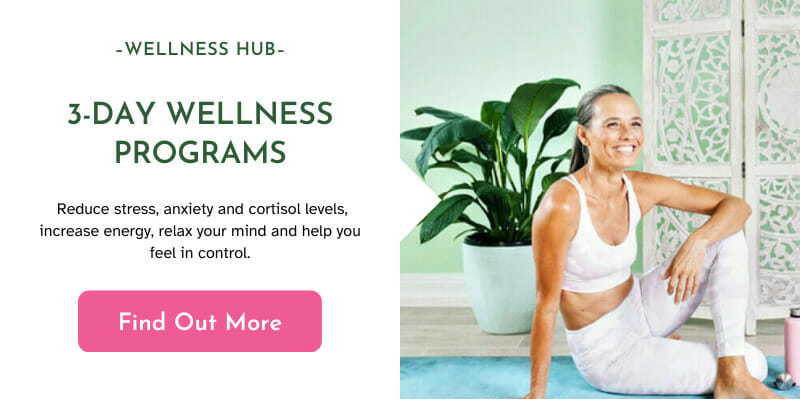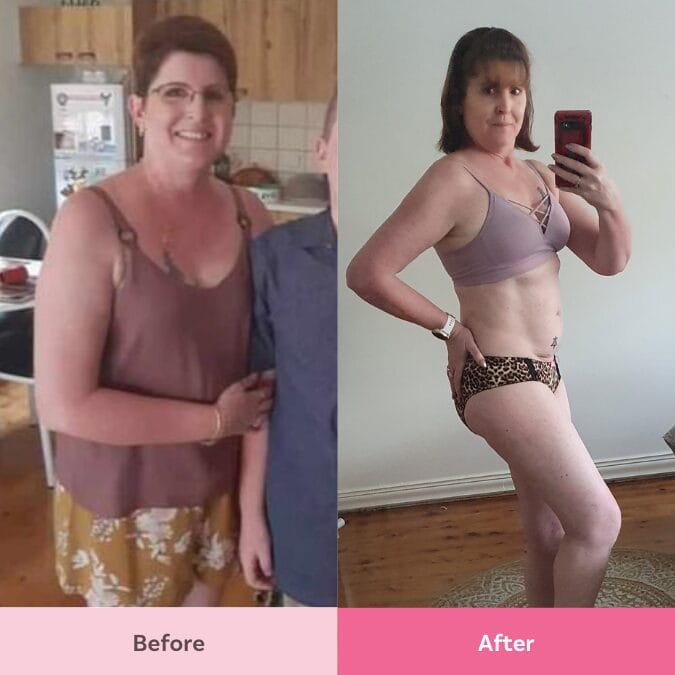How to make self-care and sleep a priority while suffering from PMS
Looking at PMS and stress and how it impacts our sleep, especially in terms of our key reproductive hormones.
Wellness expert and Naturopath Sarah McLachlan discusses various issues in podcasts on our 3 Day Program. Here she explains how to make self-care and sleep a priority during PMS to help you lower stress…
We know from years of research that we can do everything right, but if we’re not sleeping, we might as well be working at 50% capacity. Getting enough sleep should be integral to your health care routine and especially your mental health and well-being.
If we’re not sleeping well, our bodies and minds can’t repair and grow the new cells we need to stay healthy. Our cortisol levels, which are naturally higher during the day, would never have time to lower, thus keeping us in a permanent state of stress.
Why sleep needs to be a priority to help manage stress

Let’s talk about how we can make a good night’s sleep a priority and keep it within reach.
How we manage stress is so important to our health and well-being because it is one of the biggest happiness blockers.
Looking at PMS specifically, it is the impact that stress has on progesterone, which is one of our vital reproductive hormones. It is also a nervous system tonic, so it is calming and soothing and helps us sleep, and promotes healthy hair, skin and nails.
Understanding stress
Firstly we must understand stress and our stressors – stress is not just the big things. It’s all the little things that add up, from rushing through work to make school pick-ups or rushing from one activity to the next and the endless mental lists we work through in our daily life.
Even that feeling of anxiety or heart rate rising as we sit in traffic worrying about being late. It’s also important to keep tabs on other body stressors such as intolerances and nutrient deficiencies and check things like iron levels regularly. There’s nothing worse than getting sick and just having to soldier on when your energy levels are at their lowest.
As part of its normal stress management, the body produces hormones and compounds such as cortisol and adrenaline. They are designed to have the body in a specific flight or fight mode and be hyper-vigilant.
Adrenaline blocks our progesterone receptors and stops it from binding to your cells and working to help calm the nervous system. Adrenaline also depletes one of our neurotransmitters -GABA, and this is like our body’s natural valium response. After a stressful day or situation, we often suffer from tiredness (but also feel wired) and poor sleep as our brain ticks away recounting the day’s events.
The cortisol and adrenaline put you in an anxious state for a period of time. Having sleep problems will not help with any anxiety and can lead to burnout.
Boosting and building progesterone is a long-term gain we all need to work on with some self-care and awareness. And self-care doesn’t necessarily mean a trip to the day spa. It’s the small daily habits or actions that really help nourish your body and build your stress resilience.
Nourish your body in the lead-up to your period
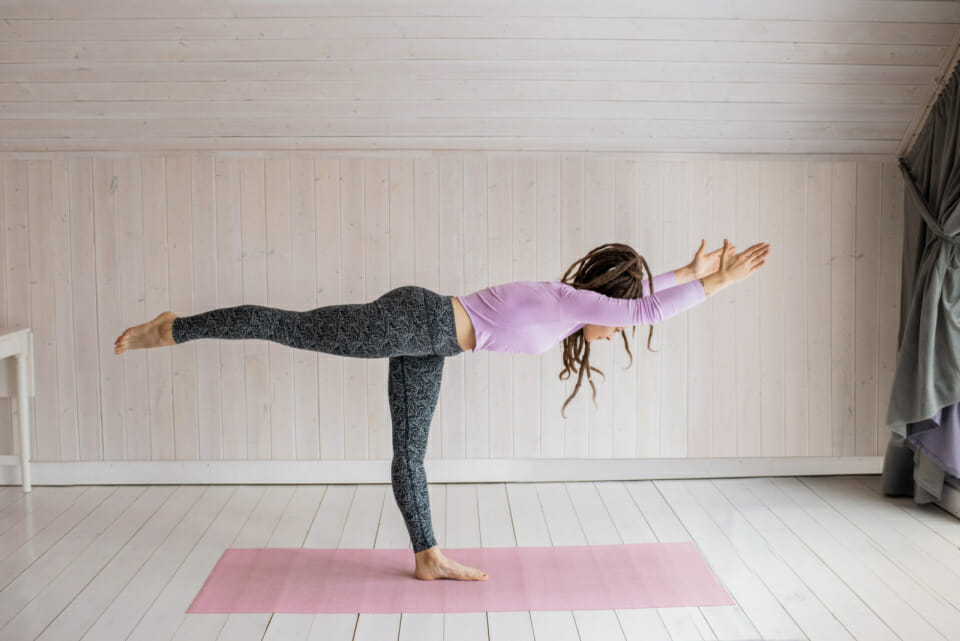
One important factor in women’s health is working with your body as a woman and a big part of that is menstruation. You want to manage your mood swings and PMS by looking after your quality of life. This might be taking your vitamins and minerals or other supplements, drinking plenty of water, and getting regular exercise. You also need to ensure you’re eating nourishing food most of the time or the foods that are right for your body and letting go of the things that don’t agree with you and getting in some physical activity.
You should fit your physical activity around your menstrual cycle to ensure you don’t possibly trigger unwanted PMS symptoms. In the week leading up to your period, gentle exercises like yoga, pilates or swimming are much better for a stressed or depleted body. High-intensity exercise can be really stressful for your body.
Self-care is about stopping to reflect and screen your body for what it needs. Try and get out for a walk during the day, swap the wine for a chamomile tea after dinner, or read a book instead of mindless phone scrolling.
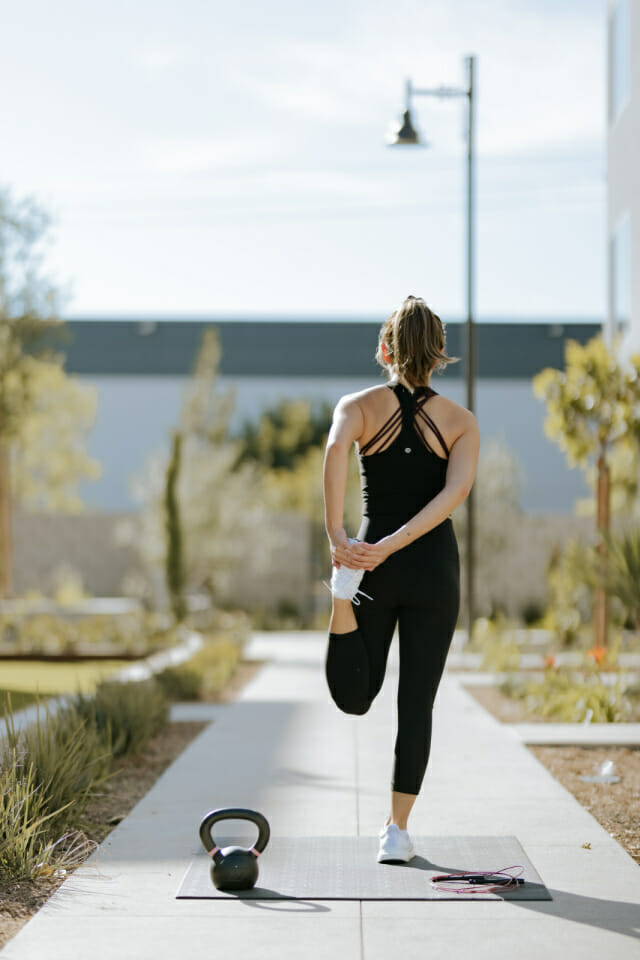
Go out and look at the stars it’s the perfect type of self-care. Try scheduling the time into your calendar, even just as a reminder to set aside a little time. A little time each day to sit quietly and allow your brain to wander. This is so restorative and counters those endless to-do lists swirling in your brain. True self-care is doing little bits of this every day. Self-care is definitely not pushing through and just squeezing in a massage once a fortnight.
Build a life you love to benefit your mental health
Self-care is about helping you build a life that you love and not one you want to run away or escape from.
Booking a girl’s trip is lovely, but that’s really running away from reality. You need to look at what you can implement into your daily life. What changes can you make to improve your quality of life that lasts for the long term? What can help to build a satisfying life that nourishes you so that you can care for everyone else?
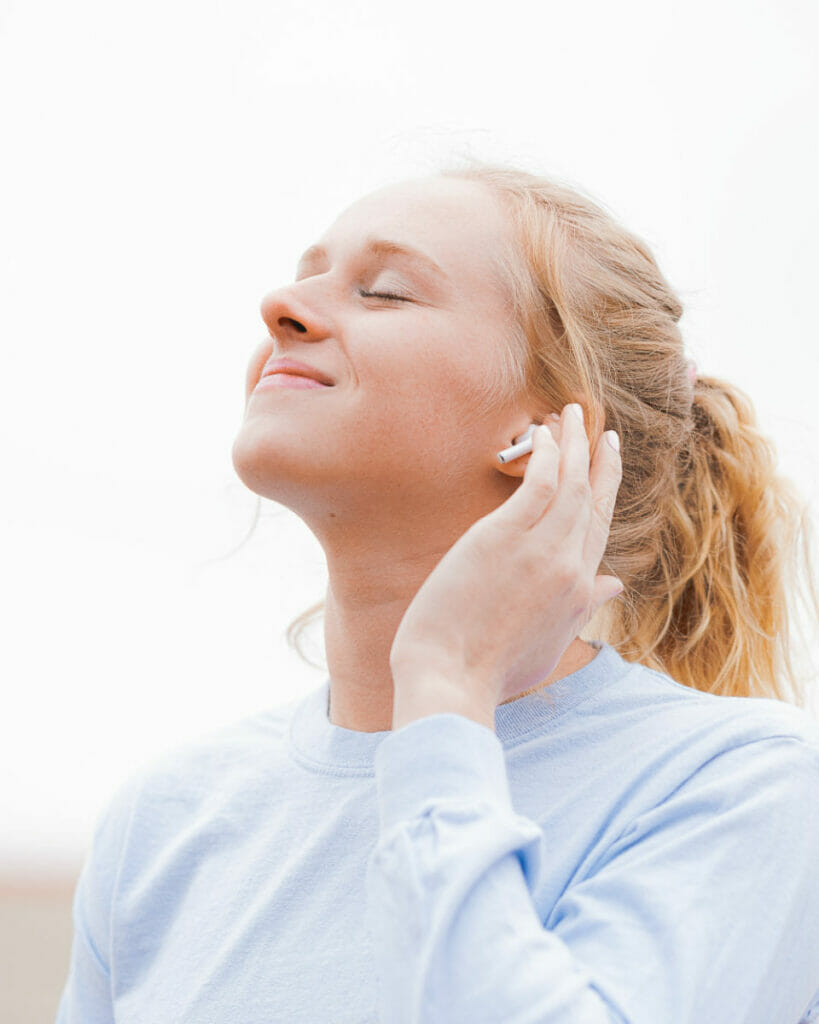
There are some simple mindfulness habits you could use to start the day. These include lighting an oil diffuser and listening to relaxing background music which can eventually be automatic habits. Set yourself short-term goals which help with stress management and can also help with sleep quality. These short-term goals can then turn into part of your daily life. This can help you manage stress, get a good night’s sleep and your overall well-being.
They take no time at all but can have a huge impact on your mood and mental health. You can tune back into these things if you begin to feel stressed throughout the day.
We shouldn’t be focusing on moving things as quick as we can to get to a set goal. We should instead focus on experiencing the joy of the journey and the learning that comes with it. Sometimes we need a reward at the start and during to achieve our goals. And this can be in the form of self-care.

SLEEP is the greatest act of self-care, so make sure you give yourself the opportunity to have at least 7 or 8 hours of sleep at night. Most people know what ’enough sleep’ means to them and what amount of sleep they operate best with.
This means you will be in that rest and digest mode or REM sleep with the nervous system relaxed, and the brain and body can rest, repair and rejuvenate. Hop into bed as early as you can and wake up feeling rested and ready for your day and more stress-resilient.

